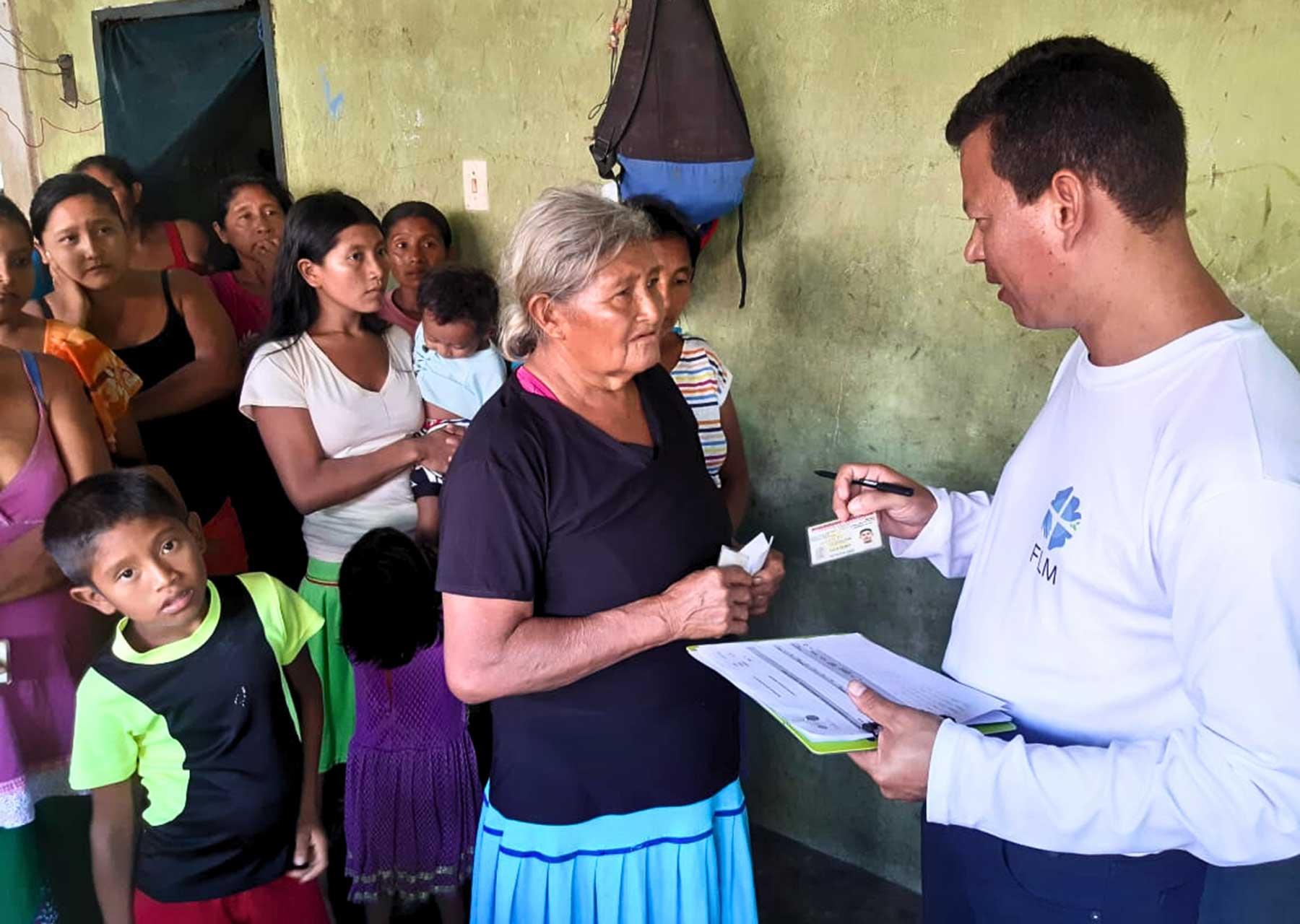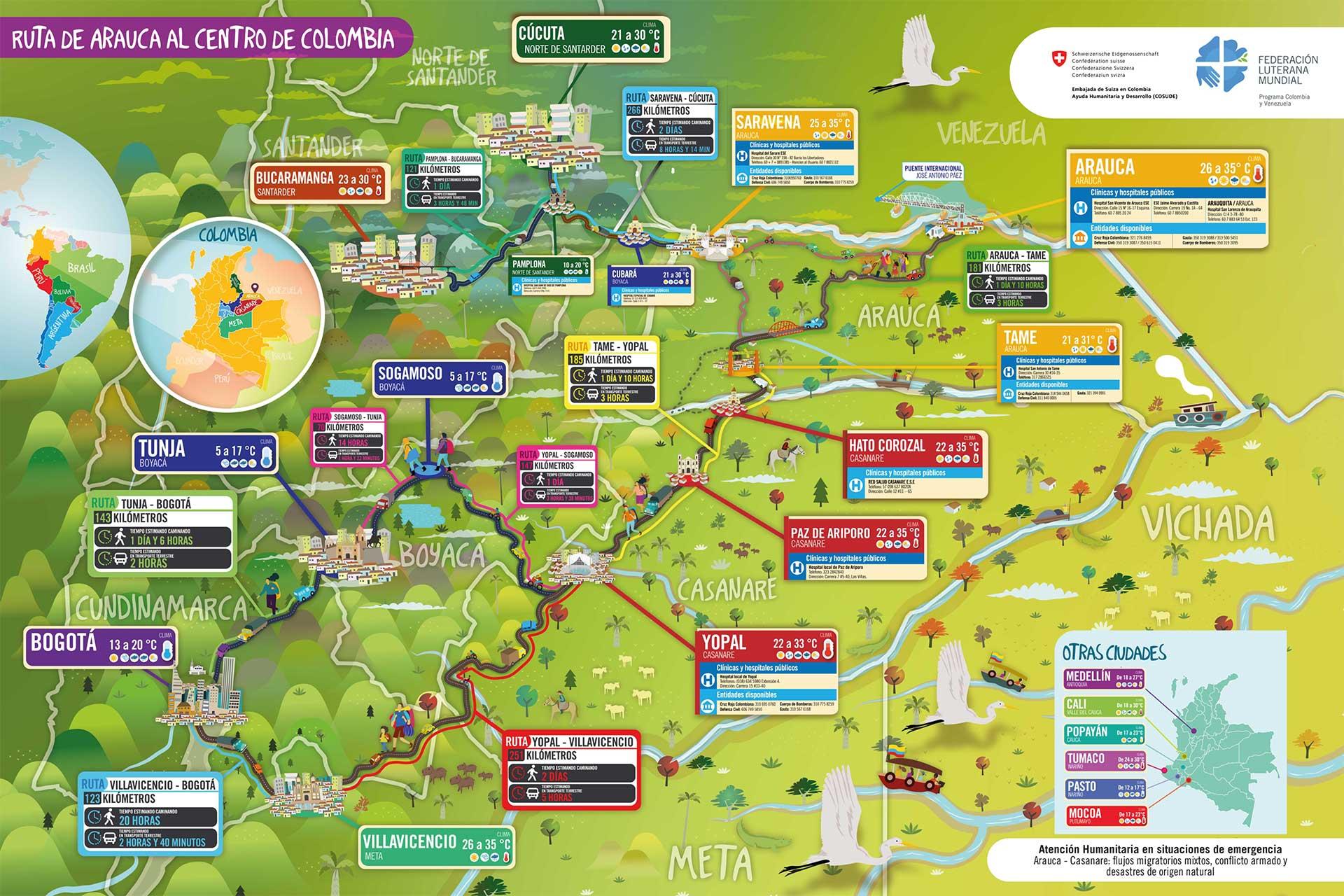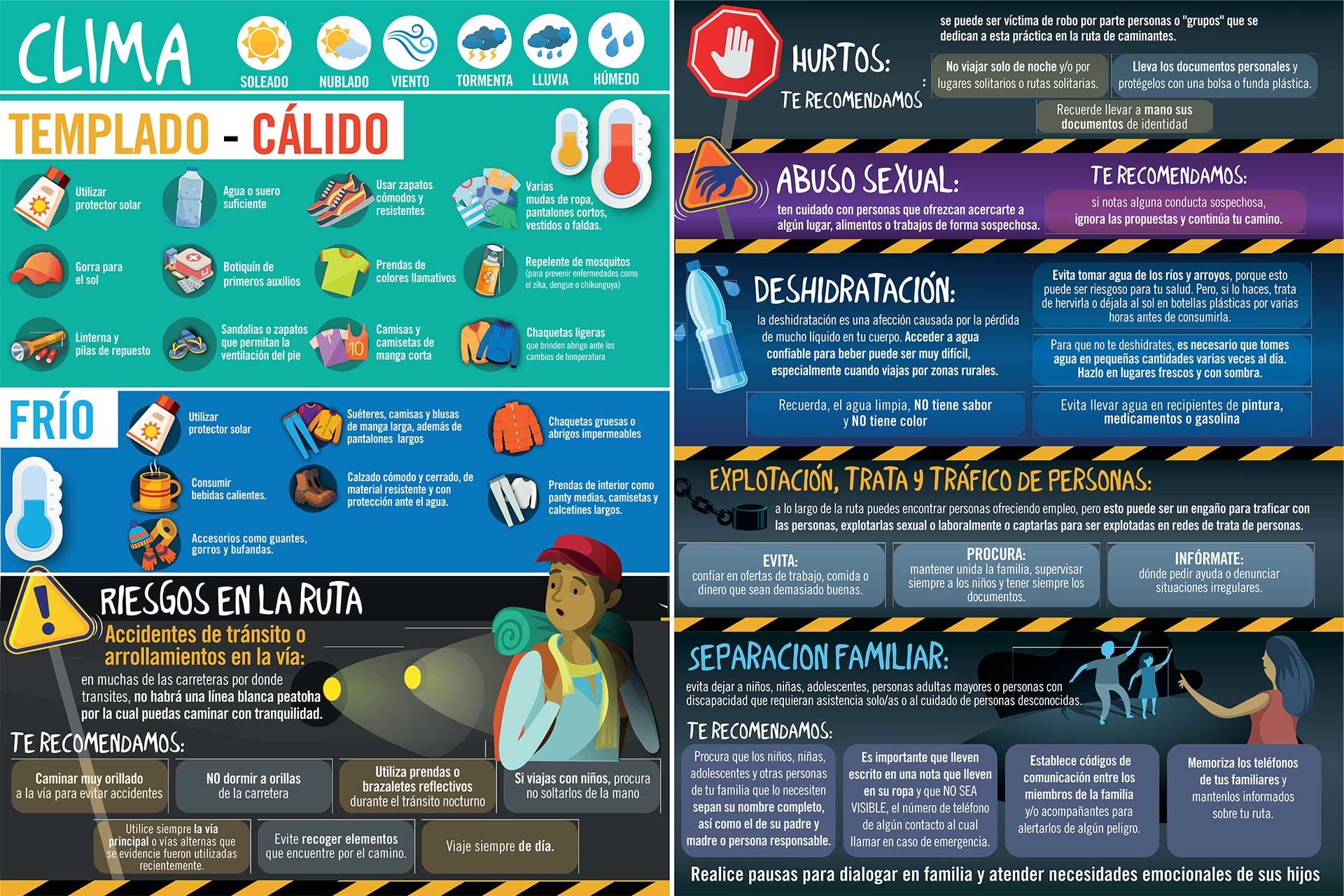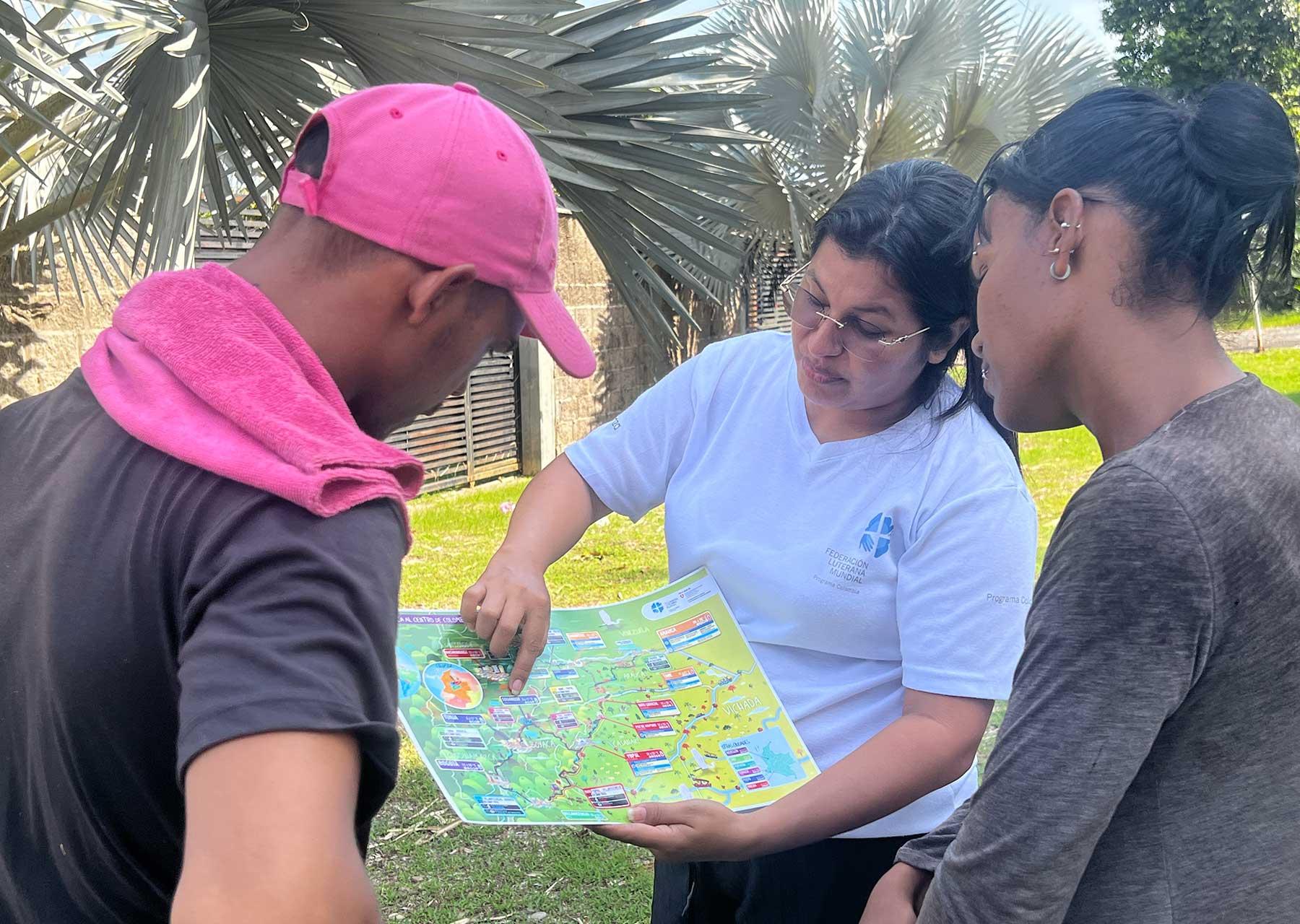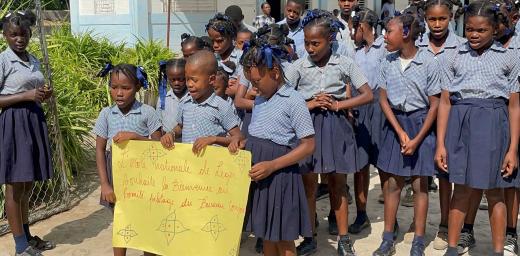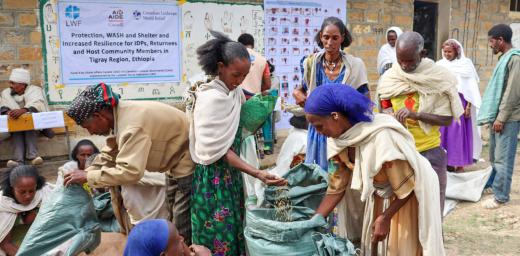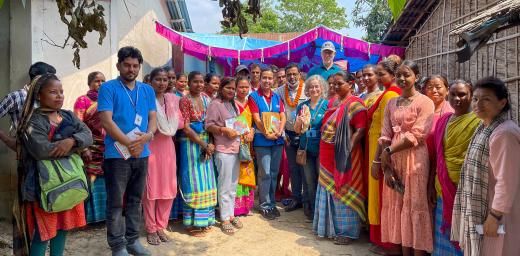Interview with Allan Calma, LWF Global Humanitarian Coordinator
(LWI) - More than seven million Venezuelans have left their country. Political instability, economic hardship, and a lack of social services continue to drive people out of the country, despite some initial signs of some people returning.
The LWF country program in Colombia-Venezuela supports migrants traveling through Colombia and vulnerable communities in Venezuela and Colombia. Allan Calma, who coordinates humanitarian work in the LWF World Service headquarters in Geneva, recently visited the country. In this interview, he shares his impressions, talks about what's needed most and why there is still a reason to hope.
What were your impressions of Venezuela?
Venezuela is in a challenging socioeconomic situation. For some goods and services, the prices are as high as in Switzerland. At the same time, the salaries are not enough even to pay rent. I don't know how most people survive; one can't possibly support oneself with the wage they generally earn.
There are hardly any social services. You have to bring your own medicine and equipment when you need treatment at a public hospital. If you need surgery, you must go to a pharmacy and buy the medication and medical supplies (e.g., lancets and dressings) because the hospitals do not have them. Water is rationed; people only have water four days a week. On the other three days, they either use water they saved or buy more for a higher price. And this is the situation in the capital; you can imagine what that means for the rural areas.
Education is in a very bad state. We went to the rural areas in the Delta region; the schools are in terrible condition, so people use other buildings, for example, churches. Often, there are no teachers in places where there are schools because salaries are low and, in some cases, local administration has no budget for it. Some NGOs pay those salaries instead, but as we have seen in other humanitarian contexts, it's a slippery slope as this needs to be the sole responsibility of the government. The situation is challenging.
What is LWF doing in Venezuela?
In Venezuela, we are working in rural and urban areas, in places most affected by the crisis. Part of our work is supporting indigenous communities. They live by the river, in the delta, you can only get there by boat. Most indigenous families in the municipality of Pedernales in Delta do not have a fixed income; they only have a subsidy from the government, which is 10 dollars a month. The team tells us that the families there eat only once a day, and they cannot afford foods with protein, such as meat. A liter of water already costs 2.5 USD.
Together with the World Food Program (WFP), we provide school meals because school meals encourage attendance and can support better nutrition. At the same time, we also give food packs and water to the local community.
Among some in the international community, there is a general feeling that the migration crisis is over and people have returned to Venezuela, but it is not over. The migration crisis continues.
Allan CALMA, Global Humanitarian Coordinator
We also work with returnees. There are a lot of people who leave the country, but some started to return as they thought they saw signs of recovery. Among some in the international community, there is a general feeling that the migration crisis is over and people have returned to Venezuela, but it is not over. The migration crisis continues, and that continues to be a significant strain on the communities in Venezuela.


